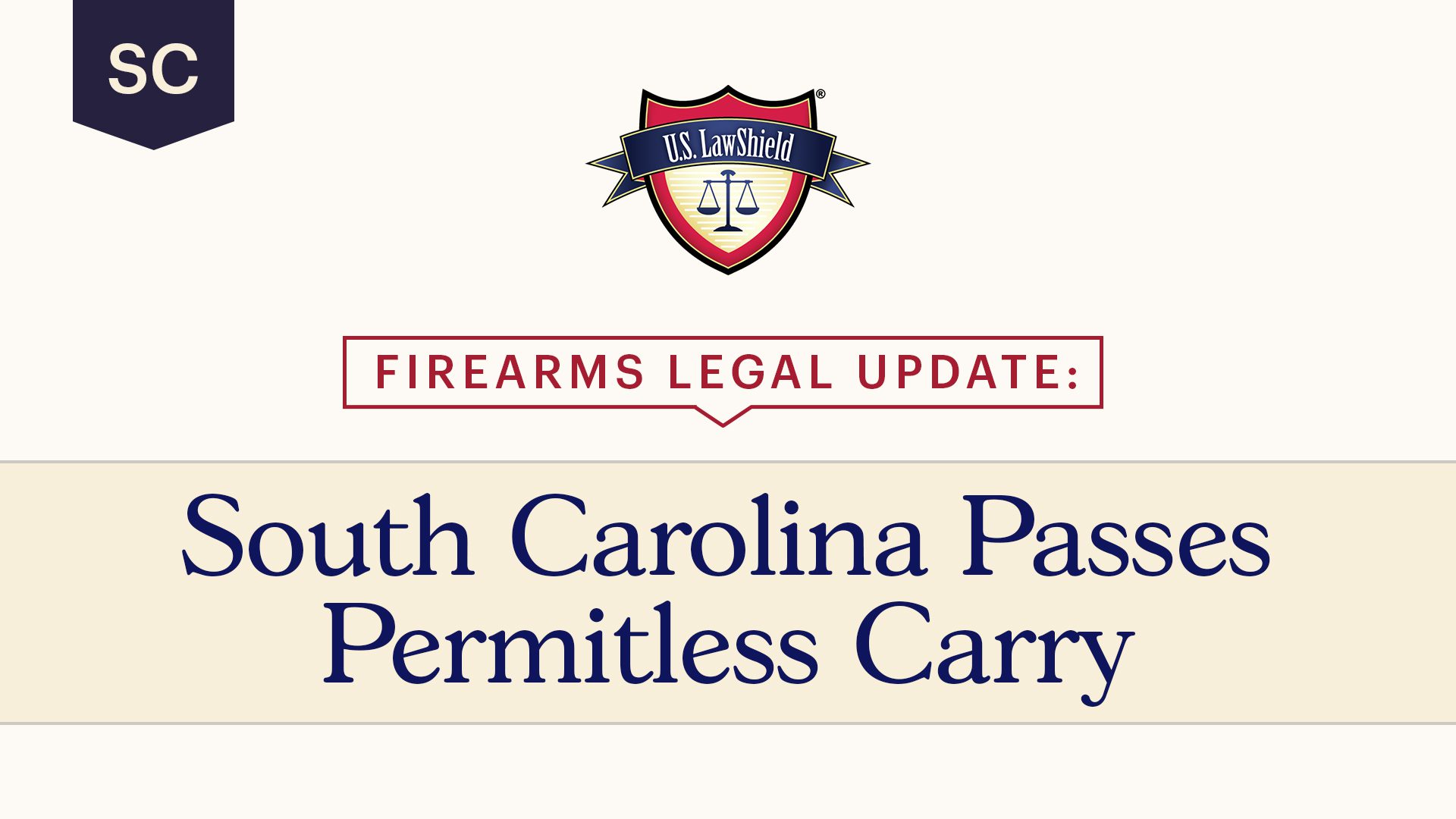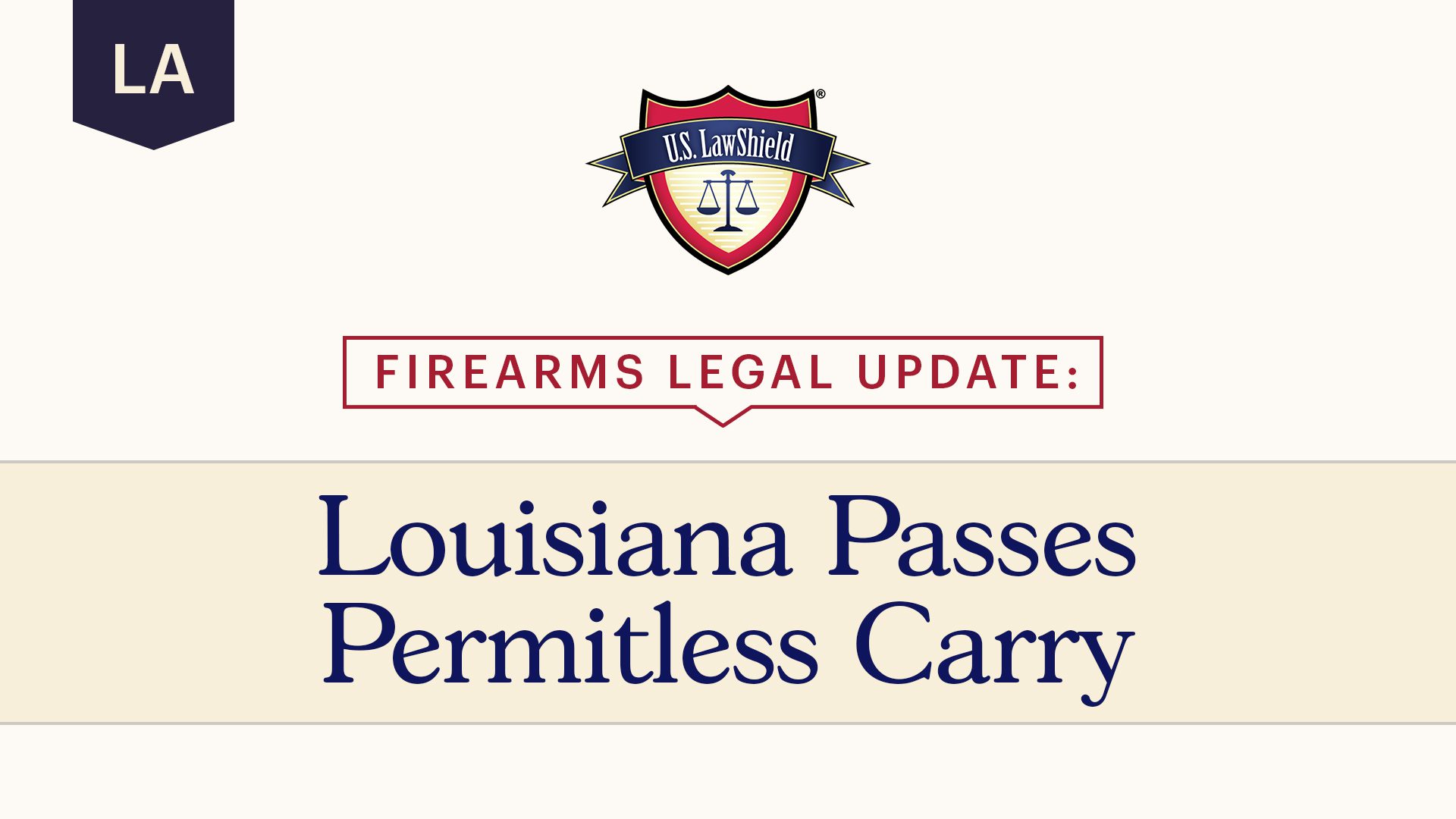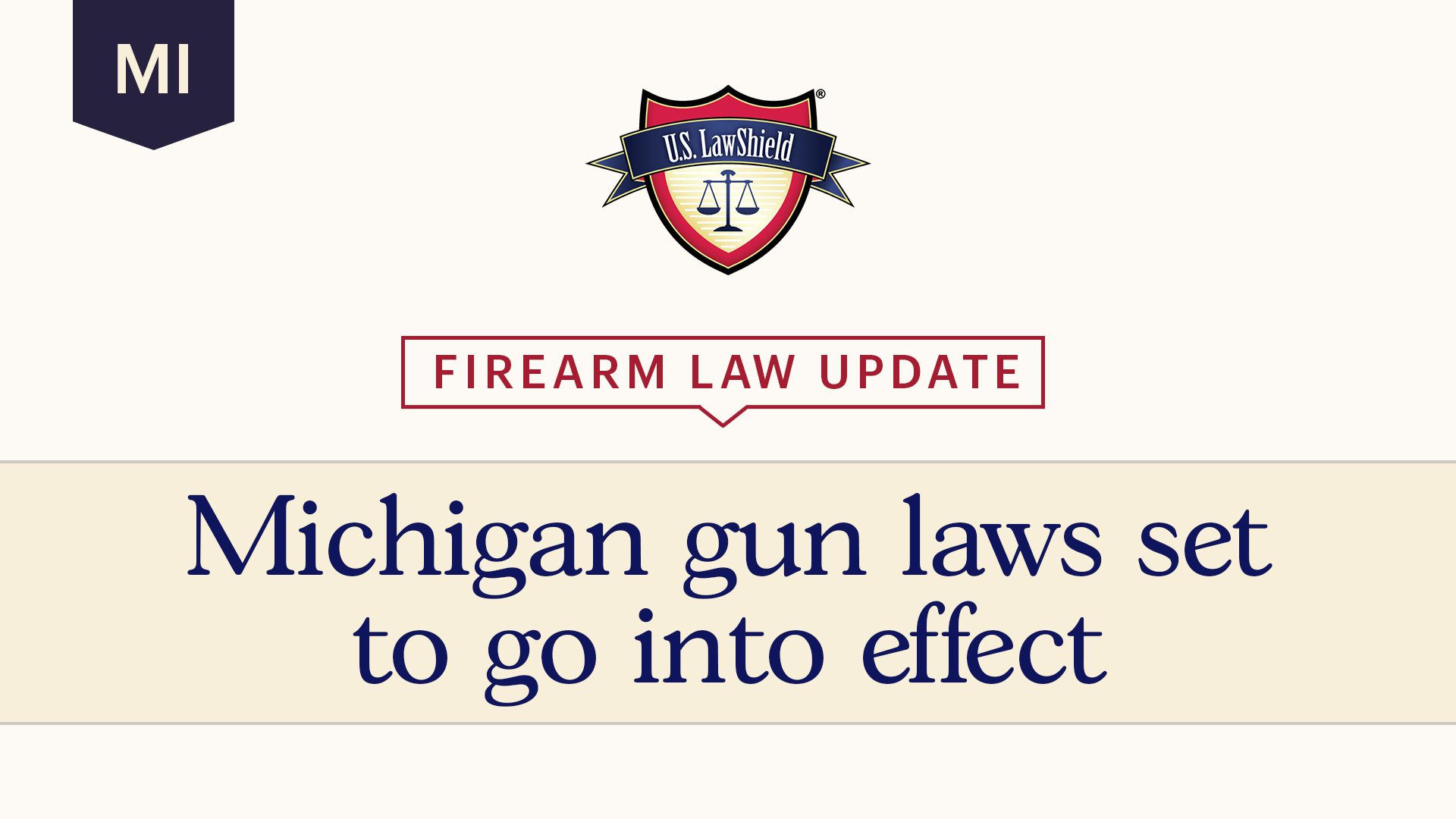
Domestic violence is a serious problem, one that has only worsened during the pandemic-related lockdowns and restrictions. In fact, according to a study by the American Journal of Emergency Medicine, it’s a measurable increase. The San Antonio Police Department in San Antonio, Texas, reported an 18% increase in domestic violence calls in March 2020, as compared to March 2019; the Jefferson County Sheriff’s Office in Jefferson County, Alabama, noted a 27% increase during the same time frame; and the Portland Police Bureau recorded a 22% increase in domestic violence-related arrests in Portland, Oregon, immediately following the city’s late-March 2020 lockdowns. This is an issue that has always existed; it simply got worse during lockdowns and continues to grow in severity—and everyone should be more aware of it.
How Common Is Domestic Violence?
Unfortunately, cases of domestic violence are extremely common. A detail that’s important to be aware of—one missed by many—is that women aren’t the only ones who are abused. According to the National Domestic Violence Hotline (The Hotline), instances of stalking, physical abuse, or rape by an intimate partner victimize 24 people a minute. The National Coalition Against Domestic Violence (NCADV) also states 1 in 3 women and 1 in 4 men experience a form of physical abuse. Of course, those are only the reported cases. The perception of shame tied to being abused is real and leads to unreliable statistics due to how often it isn’t reported, and if you’re male, odds are higher you’ll never admit it to anyone, let alone report it. Then there’s the fact that many abusers have a charming public face and are good at manipulation, making it a challenge to get people to believe the abuse is taking place.
How Does Domestic Violence Affect You?
Here’s the sad reality: domestic violence affects you even if you have never gone through it yourself, because someone you know and care about probably is being abused. It might be a family member, a close friend, or a coworker; the statistics mentioned above speak for themselves. According to Verywell Mind, signs of abuse in someone else include the following:
- Black eyes
- Bruises on the arms
- Busted lips
- Red or purple marks on the neck
- Sprained wrists
- Agitation, anxiety, or constant apprehension
- Changes in sleep habits (sleeping too much or not enough)
- Developing a drug or alcohol problem
- Extremely apologetic or meek
- Loss of interest in daily activities
- Low self-esteem
- Seeming fearful
- Symptoms of depression
- Talking about or attempting suicide
The NCADV lists the following as traits commonly seen in abusers:
- An abuser often denies the existence or minimizes the seriousness of the violence and its effect on the victim and other family members.
- An abuser objectifies the victim and often sees them as their property or sexual objects.
- An abuser has low self-esteem and feels powerless and ineffective in the world. He or she may appear successful, but internally, they feel inadequate.
- An abuser externalizes the causes of their behavior. They blame their violence on circumstances such as stress, their partner’s behavior, a “bad day,” alcohol, drugs, or other factors.
- An abuser may be pleasant and charming between periods of violence and is often seen as a “nice person” to others outside the relationship.
Other signs someone is abusive listed by the NCADV:
- Extreme jealousy
- Possessiveness
- Unpredictability
- A bad temper
- Cruelty to animals
- Verbal abuse
- Extremely controlling behavior
- Antiquated beliefs about roles of women and men in relationships
- Forced sex or disregard of their partner’s unwillingness to have sex
- Sabotage of birth control methods or refusal to honor agreed upon methods
- Blaming the victim for anything bad that happens
- Sabotage or obstruction of the victim’s ability to work or attend school
- Controls all the finances
- Abuse of other family members, children, or pets
- Accusations of the victim flirting with others or having an affair
- Control of what the victim wears and how they act
- Demeaning the victim either privately or publicly
- Embarrassment or humiliation of the victim in front of others
- Harassment of the victim at work
What Are the Mental Effects of Domestic Violence?
The effects of abuse are many, but it’s the mental side of things that is often misunderstood. It might seem as though the victim is protective of their abuser. Maybe they deny the abuser would ever do anything that wasn’t in their best interest, or perhaps they flat refuse to acknowledge the abuser’s actions are wrong. This all happens for a few reasons, one of which is known as gaslighting. The Hotline defines gaslighting in the following way:
This term comes from the 1938 stage play Gas Light, in which a husband attempts to drive his wife crazy by dimming the lights (which were powered by gas) in their home, and then he denies that the light changed when his wife points it out. It is an extremely effective form of emotional abuse that causes a victim to question their own feelings, instincts, and sanity, which gives the abusive partner a lot of power (and we know that abuse is about power and control). Once an abusive partner has broken down the victim’s ability to trust their own perceptions, the victim is more likely to stay in the abusive relationship.
An anonymous source summarized the effects and aftermath of gaslighting:
You really don’t see how bad things are until you get some distance, physically and with the passage of time. Even if some part of your brain knows there’s something seriously wrong in your relationship, you’re embarrassed to admit it, even to yourself. Then there’s the fact you may not even see it all until you get away from the person abusing you. It’s only later, as time goes by, you have these lightbulb moments where you realize “wow, so that wasn’t normal, or healthy.” Even to this day, over a decade later, there are moments I realize something that happened was so far outside the bounds of normalcy it’s a little mind-blowing.
It's understandable to feel frustrated by someone’s refusal or seeming inability to acknowledge abuse, but there are reasons for it. Try to be patient while also remembering you can only do so much to help.
You Are Worth Defending
Here’s what victims of abuse need to know and believe: they are worth defending. You are worth defending. Your life has value. If you have trouble grasping that, look at it another way: if you have kids, experiencing abusive situations may affect their well-being and development. You need to be aware that abusers may also abuse the kids in the house; it isn’t restricted to significant others. Also, if you see yourself as a necessary sacrificial lamb, remember that there will be no one to protect your kids if and when something happens to you, so make a safety plan. No kids? You are worth defending whether you have kids or not. It might seem hopeless now, but there are so many reasons to get out and countless things you can do if you leave a bad situation.
Bottom line? We’ll say it again: you are worth defending.
How Often Do People Die from Domestic Violence?
More than 10 million people are abused annually, and some of those cases end in death. Domestic violence is one reason law enforcement first looks at a significant other in homicide and missing persons cases. Shelter House Domestic and Sexual Violence Center reported an estimated 16,800 domestic violence-related murders in one year. The NCADV mentions the fact that, of intimate partner homicides, approximately 20% are not the victim of domestic violence being killed but rather their friends, family members, law enforcement officers who tried to intervene, neighbors, or bystanders.
While some sources mention that having a firearm in the home increases the risk of being murdered by an abuser, it is important to remember these are the actions of people, not inanimate objects. Additionally, many existing laws are designed to prohibit an abuser from possessing a firearm. It’s also vital to note that lawfully possessed firearms are legitimate tools for self-defense in cases where there is an imminent threat.
What Steps Can I Take While Living in an Abusive Situation?
The Hotline gives the following safety tips while living in an abusive relationship:
- Identify your partner’s use and level of force so you can assess the risk of physical danger to yourself and others before it occurs.
- Identify safe areas in your residence with pathways to exit, away from any weapons. If arguments occur, try to move to those areas before they escalate.
- If safe, have a phone accessible at all times and know what numbers to call for help, including friends or family, The Hotline at 1-800-799-SAFE (7233), and your local shelter. Know where the nearest public phone is located.
- Let trusted friends and neighbors know about your situation and develop a plan and visual signal for when you might need their help. Give them clear instructions on who you do or do not want them to contact in moments of crisis, including law enforcement.
- Talk to others living in the residence about how to get help, including children or roommates. Instruct them not to get involved in violence between you and your partner and work with them to establish a mutual signal for when they should get help or leave the house.
- Create several plausible reasons for leaving the house at different times of the day or night. For example, multiple trips to the grocery store, spending time with friends, staying at work longer, finding unnecessary errands to complete.
- If possible, practice how to get out safely, including with others who may be living in the residence.
- Plan for what to do if your partner finds out about your plan.
- If possible, keep weapons like guns and knives locked away and stored as inaccessibly as possible. If you are concerned about your safety, please reach out to an advocate.
- Be mindful of how clothing or jewelry could be used to physically harm you. For example, if your partner has put their hands around your neck, avoid wearing scarves or jewelry that can be used to harm you.
- Back your car into your driveway when you park at home and keep it fueled. If possible, keep the driver’s door unlocked with the rest of the doors locked to allow for quick access to the vehicle.
- If violence is unavoidable, make yourself as physically small as possible. Move to a corner and curl into a ball with your face protected and arms around each side of your head, fingers entwined.
The following tips are also from The Hotline for those living in an abusive relationship when they have children:
- Teach your children when, how, and who to contact during an emergency.
- This can include trusted friends, family members, neighbors, local service providers, and more.
- If possible, instruct them to leave the home when situations begin to escalate and establish where they can go. Create a plan ahead of time with trusted people who your children can turn to during a moment of crisis.
- Come up with a code word for when to leave the house in an emergency, and make sure they know not to tell others what the secret word means.
- Identify a room in the house that they can go to when they’re afraid, and something calming they can focus on for comfort.
- Instruct them to stay out of areas containing items that could be used to harm them, including kitchens and bathrooms.
- Teach them that they shouldn’t try to intervene in moments of violence, even though they may want to protect their parents.
- Plan for what you will do if your children tell your partner of your plan, and remember never to blame them for their responses to your partner’s abusive behavior.
How Do I Get Out of an Abusive Situation?
The Hotline gives the following tips for how to leave an abusive relationship:
- Record evidence of physical abuse, like pictures of injuries. If possible, keep a journal of violent incidents, noting dates, events, and any threats made. Store your journal in a safe place.
- Establish where you can go to get help. If you’re comfortable doing so, tell someone trusted about what’s happening.
- Plan with your children and identify a safe place where they can go during moments of crisis, like a room with a lock or a friend’s house. Reassure them that their job is to stay safe, not to protect you.
- When preparing to go to a shelter, if you can, call ahead to see what the shelter’s policies are. They can give you information on how they can help, and how to secure a space when it’s time to leave. Our advocates can also provide you with local resources.
- Try to set money aside or ask trusted friends or family members to hold money for you somewhere an abusive partner can’t reach it.
- If relevant and feasible, pursue job skills or educational qualifications that expand your opportunities for independence.
- When you leave, remember identification, important legal documents, emergency numbers, and other items such as medications, changes of clothes, keys, etc.
- Create a safety plan for after you leave.
Remember, you are worth defending. It might not seem like it today, but the situation you or your loved one is in does not need to be permanent. There are resources for help both locally and nationally, including the National Domestic Violence Hotline at 1-800-799-SAFE (7233).
The information provided in this publication is intended to provide general information to individuals and is not legal advice. The information included in this publication may not be quoted or referred to in any other publication without the prior written consent of U.S. LawShield, to be given or withheld at our discretion. The information is not a substitute for, and does not replace the advice or representation of a licensed attorney. We strive to ensure the information included in this publication is accurate and current, however, no claim is made to the accuracy of the information and we are not responsible for any consequences that may result from the use of information in this publication. The use of this publication does not create an attorney-client relationship between U.S. LawShield, any independent program attorney, and any individual.





OMG! You are such a lifesaver for informing us that it’s better to have a contingency financial plan when we want to escape a violent partner. My husband’s cousin has been secretly abused by her wife for almost six months now and she just couldn’t take it anymore. I’ll advise her to get in touch with an expert to help her go through the transition process easily really soon.
Thanks for reading!